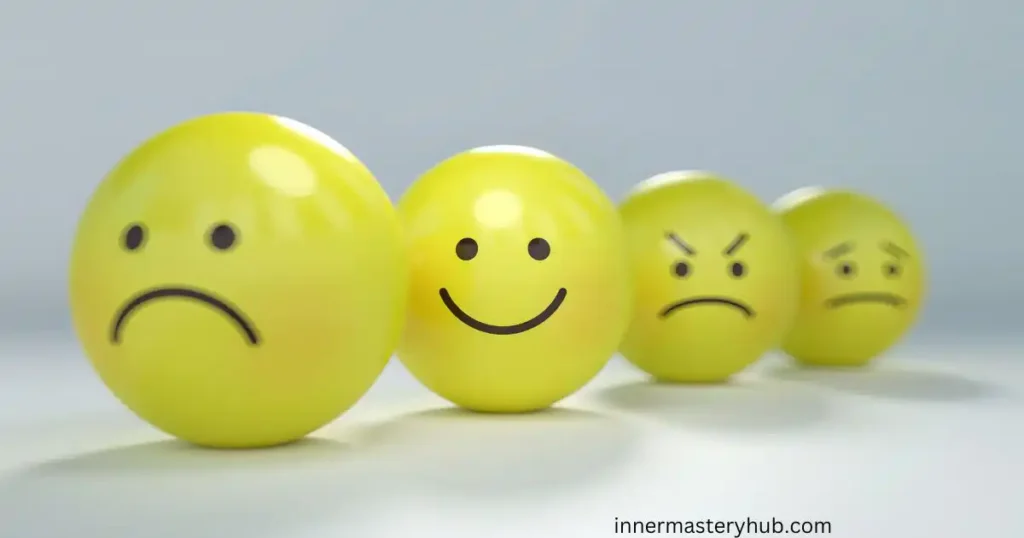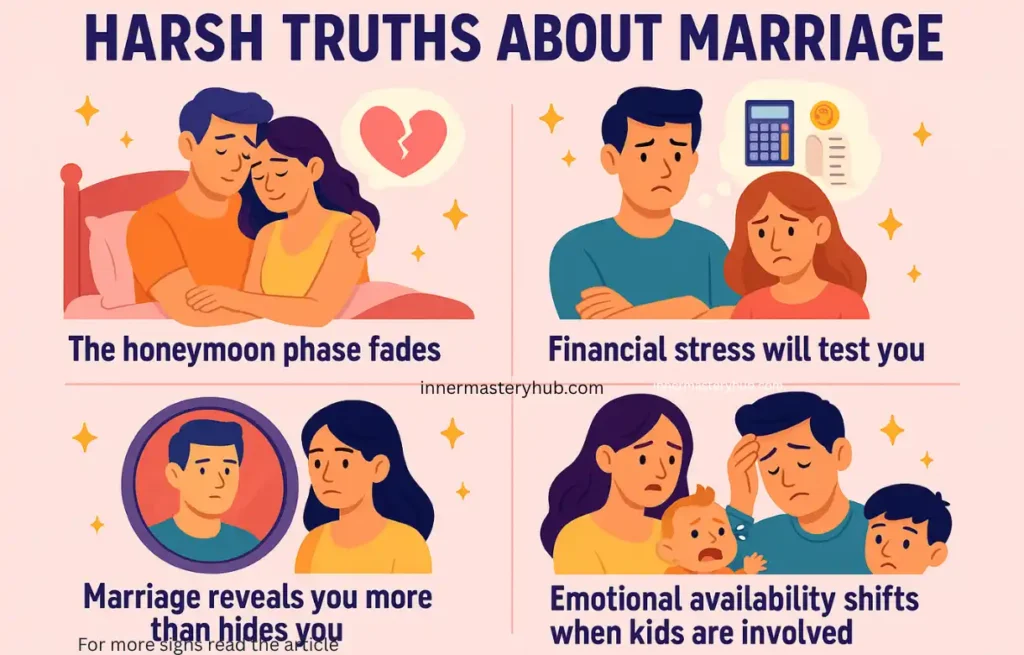How Emotional Intelligence Supports Conflict Resolution Skills for Students

Conflict resolution is expected for school-going kids with all the work, friends, and group projects. It is an exhausting experience, but the ability to handle it is a life skill. This function of emotional intelligence (EI) can help learners work out conflicts healthily and positively.
Students can transform disagreements into opportunities for improvement and connection by learning to control and regulate emotions.
Understanding Emotional Intelligence
Emotional intelligence means you can identify, feel, and manage your own and other people’s emotions. It is about being consciously aware of your feelings and using that knowledge to direct your behavior and improve your behavior for others.
Emotional intelligence can also benefit young people struggling with school and social life. Essential parts of emotional intelligence are:
- Self-awareness: You know how you feel, and your feelings drive your behavior.
- Self-regulation: Manage your emotions and process stress positively.
- Empathy: Considering and being compassionate to the feelings of others to build stronger relationships.
- Social skills: Good communication, conflict resolution, and working with others.
These are all important aspects of conflict resolution and connection. Emotional intelligence can help kids avoid misunderstandings, improve communication, and have a more supportive school and community.
Professional writing support can help education recipients with assignments. By collaborating with the best assignment writers UK, you can improve reflective writing, conflict resolution or management cases, and speaking activities.
It’ll give students a voice and improve their emotional awareness. Combining emotional intelligence with specialized writing help can improve learners’ interpersonal abilities while addressing the demands of schoolwork.
Recognizing and Managing Emotions
When conflict resolution is settled, one of the first things you do is identify your feelings. Conflicts usually spiral out of control because everyone acts randomly without knowing how they feel. Emotional intelligence makes learners take a step back, recognize their feelings, and think before they do something.
A student, for instance, may get mad at a friend when the two are in conflict. But rather than reacting out of anger, emotional intelligence lets them recognize themselves and calm down. So dealing with feelings doesn’t require you to ignore them – you must have healthy outlets for them.
Self-regulation is also key. If young people don’t lose control of their emotions, they won’t say or do things they later regret, leaving time for open discussion and solutions.
The Power of Empathy in Conflict Resolution
One of the best weapons against tension is empathy. It’s about understanding and sharing in others’ emotions while finding ways to express that connection. Empathy teaches students to see the world through another person’s eyes so conflict can be averted and compromise allowed.
For example, admitting it can save a friendship if someone in your class is overlooked during a group project. By saying, “I know why you feel that way,” learners reaffirm the other person’s feelings and show interest in getting things right.
Empathy keeps education recipients from assuming either. Instead of reacting, they can probe and discover why the fight is being fought. They respect each other and open the door for solutions.
Building Strong Communication Skills
Communication is fundamental to conflict management, and emotional intelligence plays a big part in the success of students’ interactions. EI teaches students to listen, to speak clearly, and to remain polite in hot cases.
Learners can state their feelings through “I” statements without assigning responsibility in a dispute. For instance, they could say, “You never talk to me,” instead of “You never hear from me,” or “I am hurt when you aren’t here.”
By asking about what they are feeling instead of accusing the other person, they do not feel defensive, and the conversation continues to move forward.
Communication must also be based on nonverbal signals, such as body language and tone of voice. Students with emotional intelligence pick up on these cues and are, therefore, better able to sense how others are feeling and react accordingly.
Turning Conflict into an Opportunity
Battles needn’t be bloody. With emotional intelligence, learners can learn from conflict and grow from it. Every fight is a chance to know each other, build relationships, and practice problem-solving.
When students remain calm and empathetic and communicate, they can solve conflicts in a way that works for everyone. They also develop resilience and self-assurance to deal with tough times successfully.
Gradually, these lessons teach young people to be leaders and help prepare them for life in the workplace and their future.
The Emotional Advantage
Emotional intelligence is a game-changer for students in conflict management. When they are sensitive and manage their feelings, empathetic, and more communicative, conflicts can be handled calmly and respectfully.
Disagreement doesn’t mean dealing with an issue – it means having better relationships and a healthier environment. Emotional intelligence is how youngsters can learn to transform challenges into gifts and become empathetic and effective leaders.






